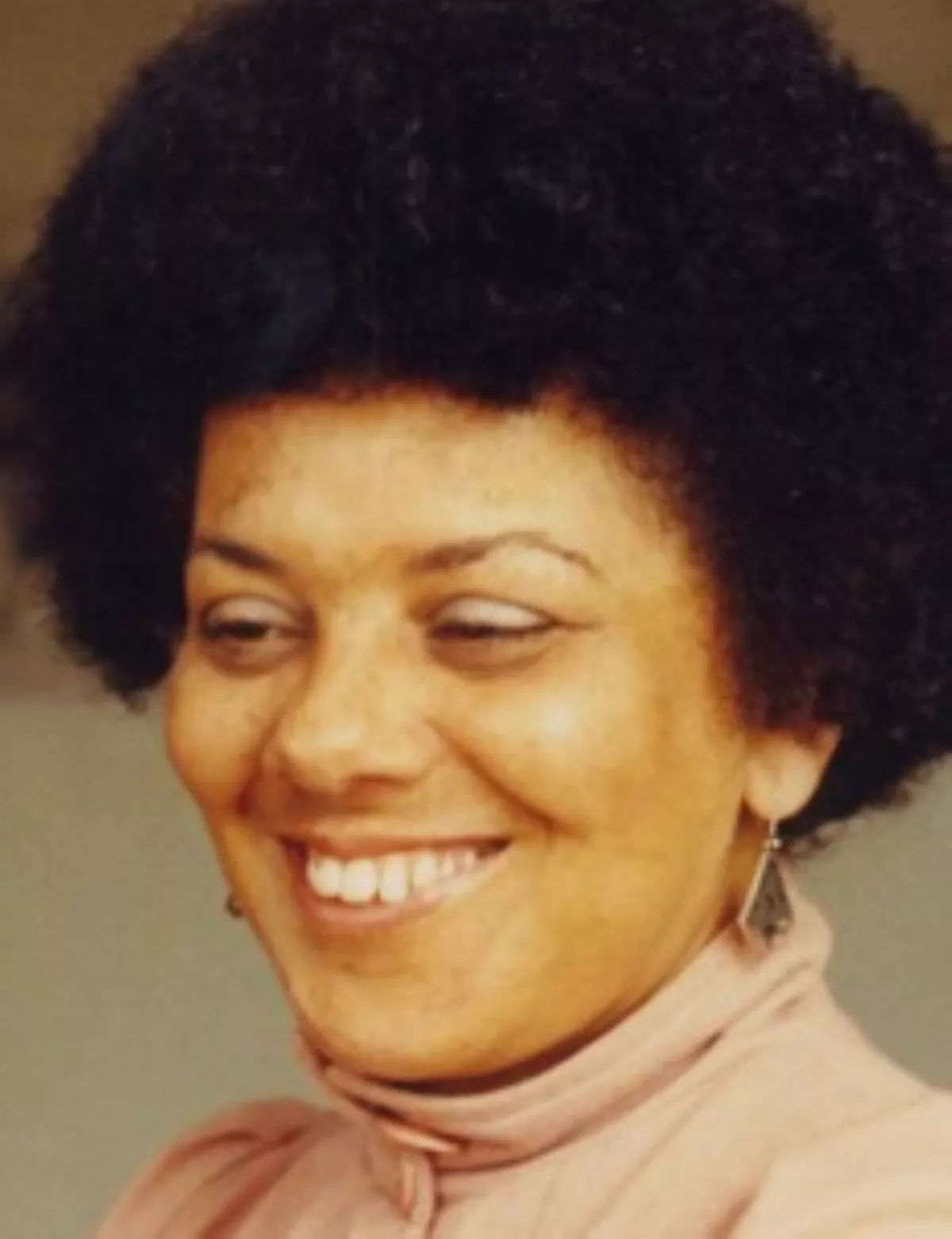 1.
1. Dorothy Kuya was a leading British communist and human rights activist from Liverpool, the co-founder of Teachers Against Racism, and the general secretary of the National Assembly of Women.

 1.
1. Dorothy Kuya was a leading British communist and human rights activist from Liverpool, the co-founder of Teachers Against Racism, and the general secretary of the National Assembly of Women.
Dorothy Kuya was a life-long member of the Communist Party of Great Britain, and was most famous for being Liverpool's first community relations officer, and for leading a successful campaign to establish Liverpool's International Slavery Museum.
Dorothy Kuya was born in Toxteth, Liverpool, on 16 March 1933; her father was a black man from Sierra Leone and her mother was a white British woman and native "Liverpudlian".
Dorothy Kuya's father disappeared and her mother remarried a young Nigerian man whom Dorothy regarded as her father and took his second name, Kuya.
Dorothy Kuya grew up in Liverpool 8, a working-class area, which was one of the oldest black communities in Britain.
The poverty, racism and unemployment that Dorothy Kuya experienced growing up in Liverpool inspired her to become a communist.
Dorothy Kuya attended her first meeting of the Young Communist League at 13 years old, going on to join the League and its parent party the Communist Party of Great Britain in the 1940s.
Dorothy Kuya became an active member, selling the Daily Worker on Liverpool streets and addressing communist meetings as a speaker.
Dorothy Kuya moved to London to start teaching in a north London school, and she joined her local branch of the CPGB.
Dorothy Kuya became friends with another communist activist called Ken Forge, who like Dorothy Kuya had joined the CPGB communist party after experiencing anti-black racism in Britain.
Dorothy Kuya became a friend of American black rights activist Vinie Burrows.
Dorothy Kuya was an active member of the National Assembly of Women, ensuring that anti-racist activism stayed at the forefront of their campaigns, and was eventually elected their general secretary.
Dorothy Kuya returned to living in Liverpool, where she bought a house in Liverpool 8, the same community where she was raised.
Dorothy Kuya created and directed the Liverpool Slavery History Trail tours, which sought to uncover hidden-histories in the city.
Dorothy Kuya's campaign was successful, and she played a key role in the development of Liverpool's International Slavery Museum, which opened in August 2007.
Dorothy Kuya advocated for the observation of a Slavery Remembrance Day, first held in 1999 and since then held annually on 23 August.